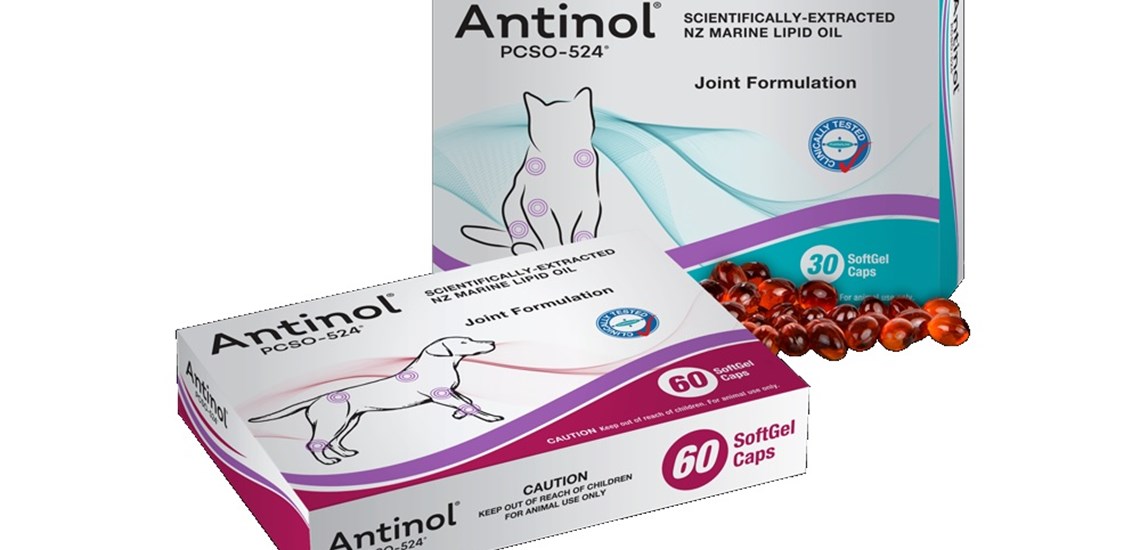Leptospirosis
Leptospirosis is a bacterial disease of dogs and other mammals, including humans, which mainly affects the kidneys and liver. It is caused by Leptospira, a spiral-shaped bacterium that multiplies in the kidneys of animals and is shed in the urine. It has many species and serovars (strains), some of which cause disease in dogs but very rarely in cats.
The most important aspect is that it can be transmitted to humans, which constitutes it as a ZOONOSIS, hence its importance.
Leptospira is a bacterium that thrives in water and can be carried mainly by rats and other rodents. Infected or recovered dogs may act as a source of infection.
Ingestion of infected urine or rodent-contaminated garbage is the most important means of transmission, but some forms of the bacteria can penetrate damaged or thin skin. For instance, when dogs swim in contaminated water, they may become infected through their skin.
In New Zealand urban areas, water-logged recreational fields and reserves and waterways, are a particular risk.
Many Leptospira infections go undetected, but other cases can be life-threatening.
The most effective way of preventing this disease in dogs is through an annual vaccination. The new viral vaccines such as Distemper, Hepatitis and parvovirus are effective for 3 years, whereas bacterial vaccines such as leptospirosis and kennel Cough are only effective for 12 months.
It is important to prevent the spread of this disease by yearly vaccinations.
This is a part of the vaccination program that we have at Kohimarama Veterinary Clinic.










